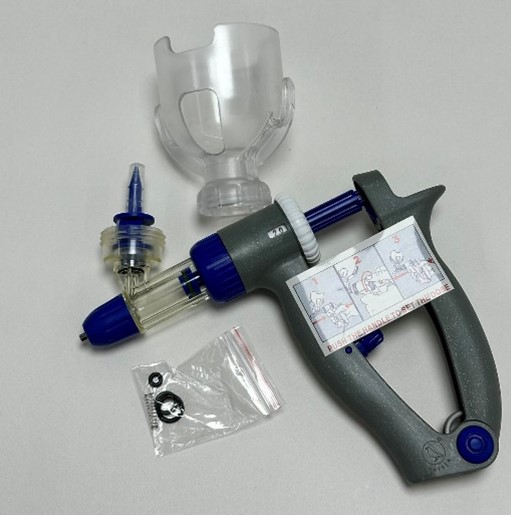Half of biting midges carry bluetongue virus

A study conducted by the Vector Monitoring Centre of the Dutch Food and Consumer Product Safety Authority in collaboration with Wageningen University has found that many biting midges caught on livestock farms are carriers of the virus. Midge traps were set out on farms from October to November and almost 35,000 insects were caught. Of the six species of midges associated with livestock, the highest infestations were observed in four species that are predominantly found near farm animals.
These midges prefer the blood of cattle and sheep, making them potential carriers of the virus. The high percentage of infected midges may explain the rapid spread of BTV-3 across the Netherlands, the researchers note. Importantly, the percentage of infected midges in this study is higher than that recorded during the previous BTV-8 outbreak in 2006–2008. The
widespread distribution of midges carrying the virus highlights the need for measures to control insect infestations on farms and in rural areas. This also highlights the importance of continued monitoring and vigilance for insect-borne diseases to ensure livestock and food security. Understanding the spread of viruses in insects is key to ensuring animal health and preventing potential threats to agriculture.




























































